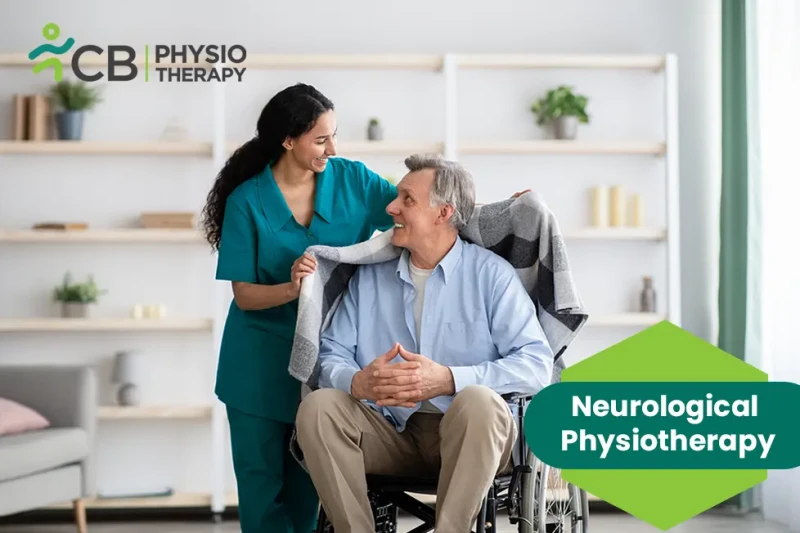Each of the conditions managed with neurological physiotherapy differs in how they affect the nervous system. However, the impairments of the diagnoses are similar. Physicians recommend neurological physiotherapy for patients suffering from poor balance and coordination, gait issues, vision changes, and those who cannot walk and struggle with self-care/daily living activities.
Microcephaly: Microcephaly is a rare neurological condition that results in an infant's head is smaller than other children the same age and gender; this can occur in the womb or after birth but is a result of the brain growing abnormally. It can be a congenital condition (present from birth) or it can occur later in infancy. It often causes learning disabilities and neurological conditions.
Post-polio syndrome. (PPS, poliomyelitis sequelae) is a group of latent symptoms of poliomyelitis (polio), occurring at about a 25 to 40% rate (latest data greater than 80%). It is a viral infection of the nervous system after the initial infection. Symptoms typically occur 15 to 30 years after an initial acute paralytic attack. Symptoms include decreasing muscular function or acute weakness with pain and fatigue. The same symptoms may also occur years after non-paralytic polio (NPP) infection.
Guillain–Barré syndrome (GBS): is a rapid-onset muscle weakness caused by the immune system damaging the peripheral nervous system. The initial symptoms are typically changes in sensation or pain often in the back along with muscle weakness, beginning in the feet and hands, often spreading to the arms and upper body, with both sides being involved.
Stroke: Blood flow to the brain is restricted during a stroke, causing the death of brain cells. Symptoms manifest from the damaged portion of the brain.
Traumatic Brain Injury (TBI): Brain dysfunction resulting from a bump, blow, or sudden jolt to the head.
Parkinson’s disease: A neurodegenerative disorder of primarily the dopamine neurons in the brain. The disease affects movement, sleep, and cognition.
Alzheimer’s disease: A neurodegenerative disease-causing brain cells to degenerate. The loss of brain cells leads to dementia, which is a decline in memory, thinking, and behavioral skills.
Spinal Cord Injuries: The spine connects a complex system of nerves to the brain. When a spinal cord injury occurs, force to the vertebrae, ligaments, or discs of the spinal column impedes nerves from communicating with the body. Those with a spinal cord injury lose function below the site of injury. They can experience weakness, loss of strength and sensation, impaired breathing, and loss of bowel or bladder control.
Multiple Sclerosis (MS): In MS, the body’s immune system damages the nerves of the central nervous system. The immune system degrades myelin (the protective covering of the nerves). The symptoms vary depending on which nerves are compromised.
Cerebral Palsy: A disorder characterized by motor disability (i.e. the ability to move and maintain balance and posture) in childhood. People with cerebral palsy cannot control their muscles due to abnormal brain development.
Charcot-Marie-Tooth Disease (CMT): CMT is an inherited disorder of the nervous system which causes a progressive loss of muscle tissue from damage to peripheral nerves. It is also called heredity motor and sensory neuropathy.
Amyotrophic Lateral Sclerosis (ALS): A neurodegenerative disease affecting motor neurons. As motor neurons die off, voluntary movement is lost.
Chronic Pain: Back pain and chronic pain conditions can be primary or secondary to other neurological disorders. The effect on the quality of life is a huge reason why patients begin neurological physiotherapy for their chronic pain.
